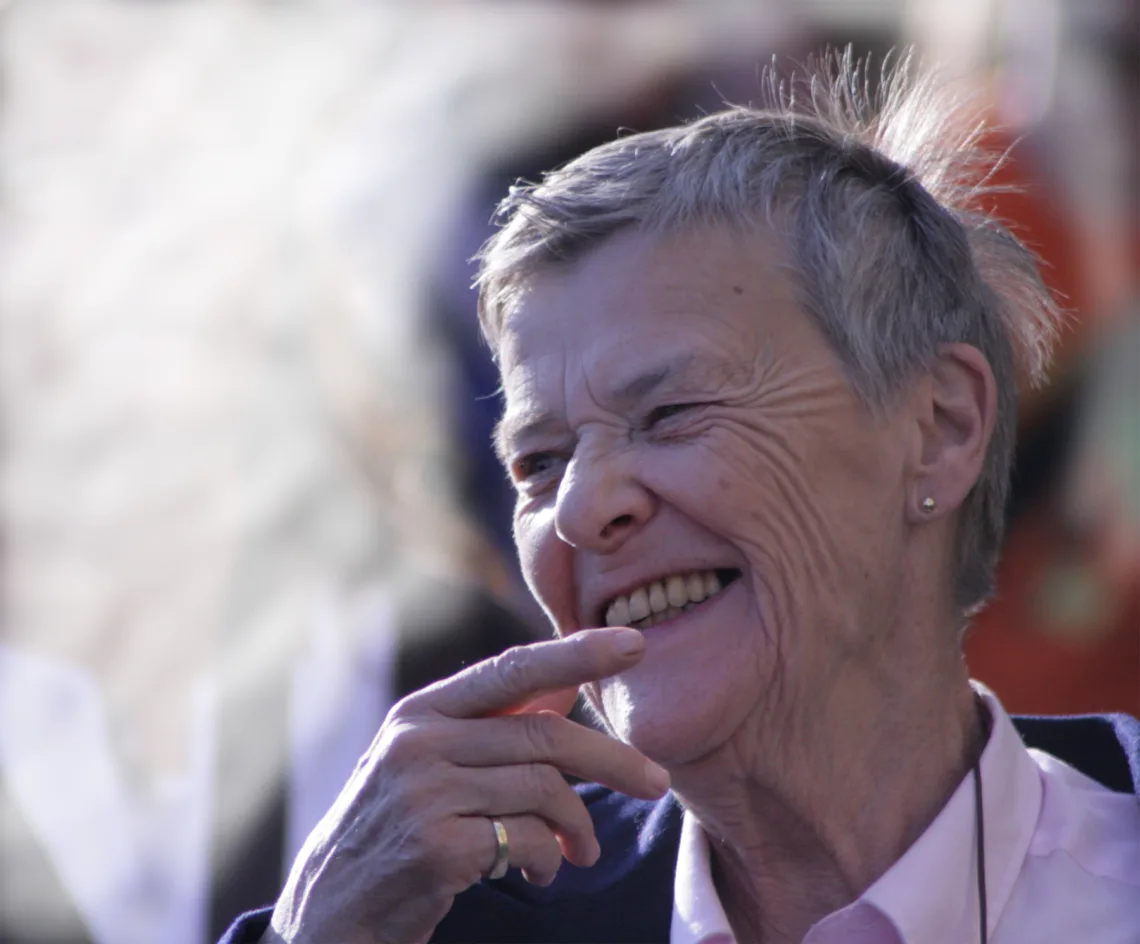4 Hear, Israel! The Lord is our God, the Lord is one. 5 You shall love the Lord your God with all your heart and with all your soul and with all your might. 6 These words which I command you today, you shall keep in your heart. 7 You shall repeat them to your children and speak of them when you sit in your house and when you walk on the road, when you lie down and when you get up. 8 You shall bind them on your hand as a sign and wear them on your forehead as a mark. 9 You shall write them on the doorposts of your house and on your gates. -Deuteronomy 6,4-9
We have reached the month of June, and now to what has become the month of celebration for the Pride movement. It is not difficult to understand that many people still want to celebrate the decriminalisation of homosexuality, but today’s celebrations suggest otherwise. What we are witnessing is a movement that refuses to discuss what it really stands for, whether its goal is the freedom it says it stands for.
In 2006, LLH (today’s organisation FRI) decided that transgender people should also be included in the organisation’s commitment. It did not happen without debate. The organisation was divided in its views on whether queer theory should become part of the gay movement’s theoretical basis. Researcher and board member of LLH Heidi Eng came out and said that queer theory had to be allowed to influence the organisation more, that it had to include transsexuals and other queers. She wanted to include “those who identify with fluid gender categories and do not feel comfortable with the label ‘gay’ or ‘lesbian'”.
Kim Friele was one of the opponents of this course change. She thought it was a side track to become too preoccupied with theory, deciding to fight to keep the categories gay, lesbian and gender as meaningful concepts. She understood that with queer theory the basis for traditional feminism disappeared. Without gender categories, they not only lost the possibility of gender quotas as a political tool, but also the basis for the gay movement’s identity politics. Kim Friele went so far as to call queer theory an intellectual masturbation.
As we know, Kim Friele lost the battle for the organisation LLH’s identity. It was the followers of queer theory who gained power over LLH, but not only there. What we have got is a society built on a postmodern understanding of a reality that is not only about gender and sexuality, but about what we can hold to be true at all. It is an understanding of reality that has had both political and theological consequences.
Hardly anyone dares to discuss the political consequences of postmodernism’s entry into society. One of those who have dared is the British academic Terry Eagleton. In an interview with Klassekampen on 1 June, he says:
I always reacted to the anti-realism of postmodernism, that – to put it very, very roughly – there is no right or wrong. There is a dangerous tendency now, to regard beliefs as something dogmatic. We see an increasing negative reaction to beliefs, because people believe, wrongly, that it implies being dogmatic. A few years ago I was giving a lecture in Dublin and a woman objected that we should not talk about someone’s view being “true” or “wrong”. And why not? Because it is a form of exclusion and the mantra of postmodernism is inclusion. But I have written until I am blue in the face that inclusion is not automatically a positive term. I will then not include Robert Murdoch in my small circle of drinking buddies.
The great paradox, however, is that this movement, which says that we cannot hold anything to be true or false, abolishes all norms related to gender and sexuality and includes everything, suppresses public debate and leads society into totalitarianism. We should not be allowed to disagree with them in their complete relativism. Their claim that there is no such thing as right or wrong has become a new truth, more exclusionary than any other political direction since communism.
The supporters of queer theory insist that they do not represent an ideological movement, only a fair fight for basic human rights and human dignity for a persecuted minority. But it is a strange “freedom fight” when it causes people to lose their jobs just because they dare to say that there is something as basic as women and men. Their dogma is that it is not possible to be born in the wrong body and so they expose a writer like J.K. Rowling for a boundless rage and social exclusion. There is every reason to believe that Kim Friele would support J.K. Rowling in her fight for the woman.
We see the same development within denominations that take a “liberal” direction. In the Church of Norway, it is said that there is room for two views on marriage, but practice shows that it is not allowed to have two views on homosexual cohabitation. Weird theology and the lack of norms require the right to define what we can call sin. It is no longer God that one loves, but themselves and their own needs. The queers are proud of their sin, and therefore they also celebrate Pride.
But the God of truth does not allow himself to be dictated or forced to include everything that man wants. I think we should be glad that in his holiness he excludes sin, but loves the sinner.

